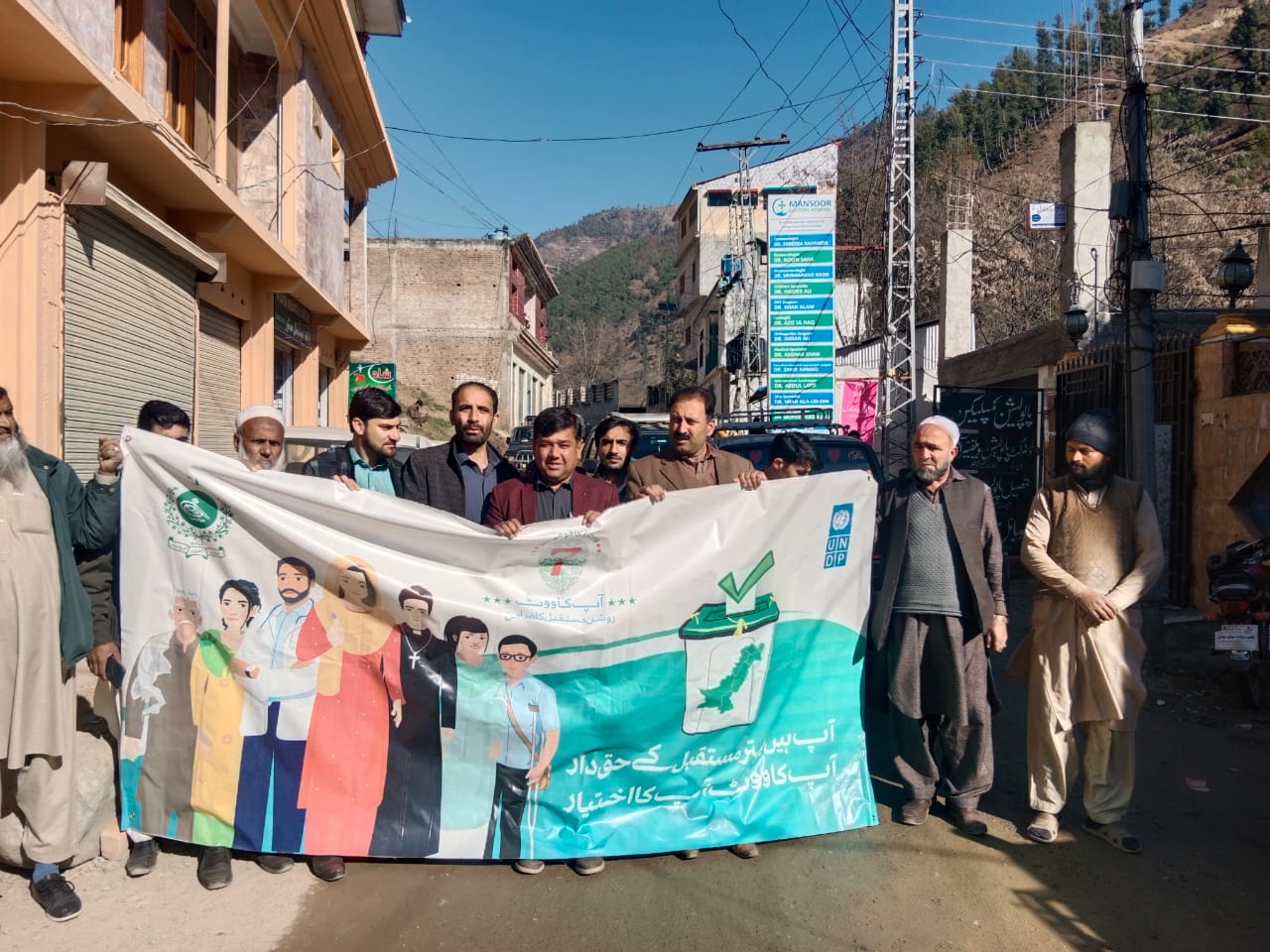
Islamabad: Founder and president of the AGAHI Puruesh Chaudhary has said that the higher education sector has a critical responsibility to improve the overall intelligences of the current and future generations.
She was addressing at a seminar on Thursday which was arranged by Bahria University (BU) and Industry CXOs Connect to develop linkages between BU and corporate sector.
The management of Bahria University is endeavoring to promote linkages with corporate world and the research and development organizations for the purpose of achieving its vision and mission as well as for scientific cooperation in the fields of mutual interests. This partnership is aiming to open new horizons of opportunity for both academia and industry. As the lines between human and machine intersect, the future of work remains uncertain. So much is being said about how the Fourth Industrial Revolution is shaking up the working world, with predictions stating that thousands of jobs could soon be lost to automation.
The Welcome Address was given by Vice Admiral Kaleem Shaukat, HI (M), Rector, Bahria University. The panelists in First session on “Future of Work “included: Mr. Patchamuthu Illangovan (Country Director South Asia Region, The World Bank), Ms. Puruesh Chaudhary (Member Network of Global Future Councils, World Economic Forum), Mr. Aamir Ibrahim (CEO, Jazz & Head of Emerging Markets, VEON).
Puruesh Chaudhary, Founder and President AGAHI in her presentation briefed the participants about her recent publication “Work/Technology 2050: Scenarios and Actions”, which is the broadest, deepest, long-range international assessment on how the future will be impacted by the Next Generation Technologies. She said, the potential impact of different calibers of artificial intelligence on the futures of work will dramatically influence our way of life as a civilization.
She stressed the need for higher order thinking and that, “the higher education sector has a critical responsibility to improve the overall intelligences of the current and future generations. This means, today’s universities can’t afford to play catch up with the rapid technological advancements”.
On the event a selected panel of renowned personalities were invited to address and share their viewpoint with audience at the university which included dignitaries, academics, professionals, media, business community and the students. The panelists agreed that, such relationships enable students to learn and gain advice from individuals who may be less intimidating than seasoned professionals, in addition to helping students grow within their personal and professional capacities.








